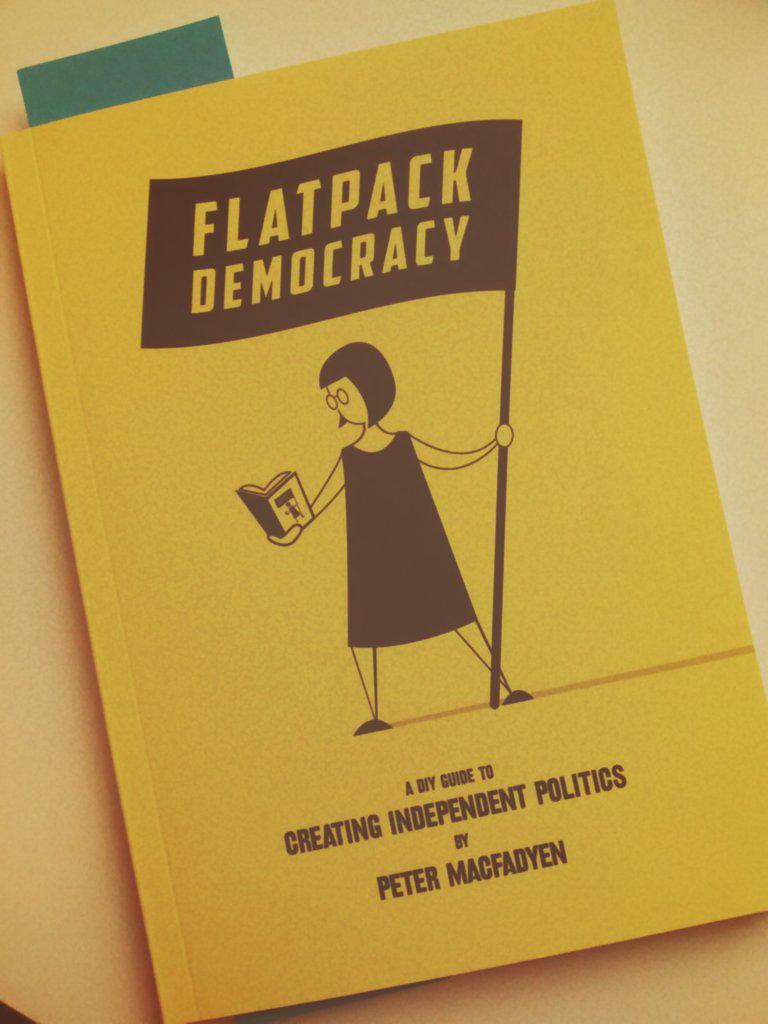Last week, I went to the monthly members’ meeting of The Bristol Cable. This is the newspaper* that is co-operatively owned; anyone can become an owner, from £1/month. I wrote about the AGM here. The aim is to come up with a sustainable model of quality, independent local journalism in the service of the people, not shareholders, advertisers or Rupert Murdoch. (Hackney Citizen is similar, but is privately owned by one individual — and seems to run on fumes.)
I find myself getting fired up about the concept — and wanting to raise plenty of critique and ideas — because I want this thing to succeed. Strong, vital local journalism could make such a difference to the quality of local political debates on housing, the environment, schooling — basically everything. If we’ve reached ‘peak centralisation’ in the UK and local/regional government is going to increase in importance, then we’re going to need high quality, independent local media and journalism. And if knowledge is power, and you believe in political equality (the idea that we should all have equal political power) then it seems logical that the people should own the means of the production of knowledge.
Makes sense to me, anyway. And as I get excited about the concept and its potential, I worry that The Bristol Cable isn’t good enough. Of course it takes time and resources to build the thing, and it’s not always helpful to have co-owners being a nuisance. But I’ve written some things, meant with the best intent, and hopefully useful to someone — whether the Cable or another media co-operative somewhere. I think the big risk is that the Cable fails because of execution and then the co-op model takes the blame.

 Frome. Rhymes with broom. Nice small town in Somerset. Home to the Guardian’s John Harris, who
Frome. Rhymes with broom. Nice small town in Somerset. Home to the Guardian’s John Harris, who 


